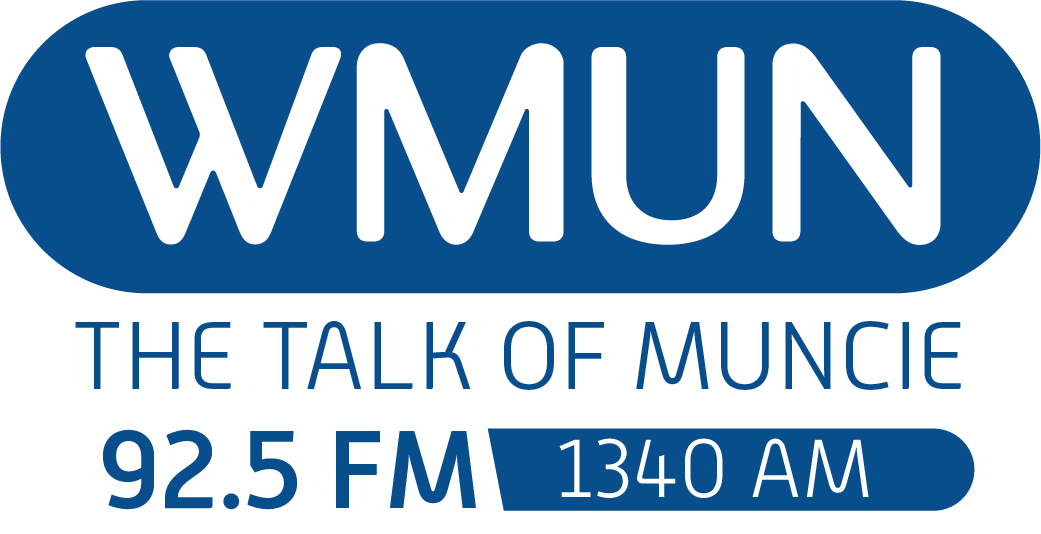As a result of prudent planning, combined with better than projected enrollment and retention, Ball State University’s Board of Trustees today approved a balanced budget for 2020-21.
Ball State President Geoffrey S. Mearns informed the Board that the budget will enable the University to continue to focus on its academic mission while also responding to the financial challenges caused by the COVID-19 pandemic. While some higher education institutions are experiencing significant financial distress, Ball State’s financial position remains stable.
“We recently learned that enrollment for Fall semester and our retention rate is better than anticipated,” President Mearns said. “We are grateful for the opportunity to continue providing the outstanding educational experience that Ball State students value.”
The general fund budget plan calls for total operating expenses for the fiscal year to be about $378.8 million. The budget reflects a decrease in state appropriations totaling about $9.6 million.
President Mearns said the new budget also incorporates the proactive expense reduction plans the University developed last Spring to prepare a balanced budget this fiscal year.
“I know I speak on behalf of the entire Board when I say that we recognize and appreciate the way in which President Mearns, his leadership team, and the entire campus came together to ensure that we have a balanced budget that will continue to provide an exceptional education experience for our students,” said Board Chair Renae Conley.
During a presentation about enrollment to the Board, Paula Luff, Vice President for Enrollment Planning and Management, and Ro-Anne Royer Engle, Vice President for Student Affairs, explained how the University has achieved positive results in the midst of a pandemic.
Vice President Luff noted that, while total student enrollment declined modestly for the Fall 2020 semester, enrollment for returning undergraduate students increased compared to Fall 2019. Total graduate enrollment and returning graduate enrollment also increased compared to Fall 2019.
The incoming freshmen class totals 3,566 students, including 3,200 from Indiana. Although this is smaller than last year’s record class, the decline was anticipated given the unique challenges this year, she said.
Vice President Luff attributed these freshmen numbers to a variety of factors, including increased competition by other public universities in Indiana, which admitted more in-state students this year in response to anticipated declines in non-resident and international student enrollment.
“When you consider the reduction in freshmen, and balance it with an increase in graduate students and the large number of sophomores, juniors, and seniors returning for the Fall semester, our enrollment numbers paint a positive picture,” she said.
Vice President Royer Engle attributed a six percent increase in retention to the implementation of a number of actions, including increased faculty engagement in the first six weeks of Fall, proactive advising, and the use of early alerts and data analytics to inform student success interventions.
In other business, the Board approved two modifications to the Spring 2021 academic calendar to reduce risks related to the global pandemic.
The first modification to the academic calendar is the delay of the start of the Spring semester from January 11 to January 19, 2021. The second modification is the elimination of Spring Break, which originally was scheduled from March 8 through March 12, 2021.
Additional details about the Spring semester will be announced in the coming weeks. University officials announced the two modifications today to allow faculty, staff, students, and families the opportunity to plan for the upcoming holiday season.
The Board also learned that the second year of the University’s partnership with the Muncie Community Schools (MCS) continues on a positive trajectory. Ball State Provost Susana Rivera-Mills, Teachers College Dean Anand R. Marri, MCS Board President James Williams, and MCS Director of Public Education and Chief Executive Officer Lee Ann Kwiatkowski presented “Placing Learners First: The MCS-Ball State University Partnership.”
Provost Rivera-Mills informed the Board that, since the creation of the partnership in 2018, MCS leadership, along with teachers and community partners, have helped stabilized the school system.
MCS has provided a comprehensive plan for the long-term fiscal viability and academic innovation of the district, including goals, metrics, and benchmarks for evaluating the plan, to the State.
A team of Ball State and MCS leadership also listened to the community and to teachers, creating an Academic Innovation and Financial Viability Plan that outlines a novel, cradle-to-career, community-based approach. This plan, and the MCS Strategic Plan, will guide the future of the Muncie Community Schools, said Provost Rivera-Mills.
The Academic and Financial Viability Plan outlines two phases to achieve the district’s vision through sustainable, systemic revitalization. This Fall, MCS is in an initial three-year phase to further strengthen and stabilize academic and financial foundations to baseline performance levels.
“Educational attainment is the most important aspect of leading a fulfilling and productive life,” Provost Rivera-Mills said. “Ball State’s support of this partnership is a direct investment in the district’s more than 5,000 students and their families. It reflects the University’s commitment to the idea that an Indiana city can come together to create national model for a cradle-to-career, community-based public education system.”
The Board also learned the University will bring its public television and radio outlets, along with various student communication organizations, under the umbrella of the newly created Ball State Public Media.
The launch of Ball State Public Media on October 31 is part of Ball State’s strategic mission to provide a meaningful educational experience and to give back to the community while offering unparalleled immersive learning opportunities to students, said Loren Malm, Vice President for Information Technology and Chief Information Officer.
He was joined in the presentation by Kathy Wolf, Vice President for Marketing and Communications, and Paaige Turner, Dean of the College of Communication, Information, and Media.
Press release, Ball State.









